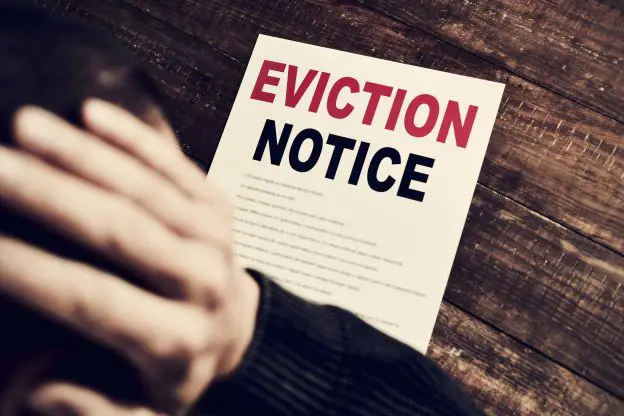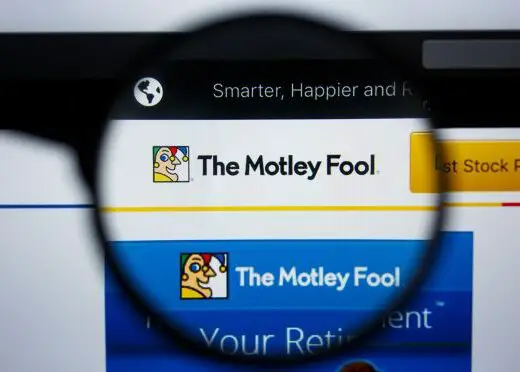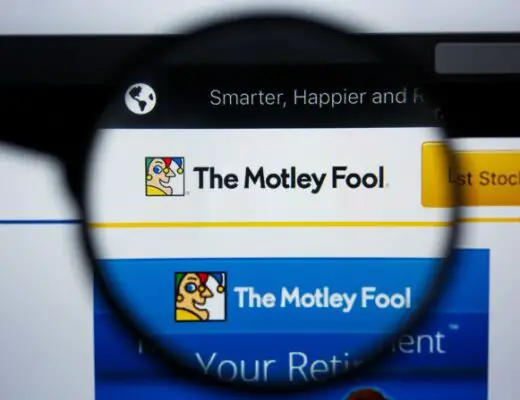
CommonCentsMom.com is advertiser-supported: we may earn compensation from the products and offers mentioned in this article. However, any expressed opinions are our own and aren't influenced by compensation. The contents of the CommonCentsMom.com website, such as text, graphics, images, and other material contained on this site (“Content”) are for informational purposes only. The Content is not intended to be a substitute for professional financial or legal advice. Always seek the advice of your Financial Advisor, CPA and Lawyer with any questions you may have regarding your situation. Never disregard professional advice or delay in seeking it because of something you have read on this website!
Eviction is the process by which a landlord can remove a tenant from his property. The landlord has the right to evict a tenant if he or she does not want to pay rent or is being offensive. Eviction can be done without a court order. However, it is best to do so in the presence of a lawyer.
It can be a messy endeavor that leaves a tenant helpless for the daily comforts they deserve. As such, it may be beneficial to understand what can lead to a bank evicting you from your home.
When Can a Bank Evict Tenants
The most common reason for a bank to evict a tenant is non-payment of rent. However, there are other circumstances that can cause the bank to evict a tenant. The most common examples for this are the following:
Your landlord is defaulting
The first thing that the bank will look at is the financial status of your landlord. If he or she is defaulting on payments, they may evict you as a result. The bank can also use this as a reason to evict you if it has received cause for concern that the landlord defaulted, in which case the effect will ricochet to you as the tenant.
You’re not completing payments
If you’re not making payments on time, the bank may use this as a reason to evict you. In fact, this is likely the most common reason for eviction, especially if you’re not making payments at all.
The lease has been foreclosed
When a lender defaults on a property and foreclosure happens, that means that your lease on the property is also terminated. If the mortgage was originally secured by a sign that you signed before you started living there, the foreclosure effectively ends your lease. It doesn’t matter if you have 10 months left on your lease; the new owner will take your property and put you on notice that it will be disposed of.
However, it doesn’t always mean that you have to vacate the premises immediately. If your lease is terminated, the new owner is still required to give you proper notice in writing that it is going to be done.
What if You Refuse to Leave?
What if you refuse to vacate your home? Unfortunately, even if you do not leave the property after the notice period expires, you will be evicted. A lawsuit will probably be served to you, and it’s unlikely that you will win it. In that case, it may not be worth taking the risk. This can severely affect your ability to find a housing deal in the future, regardless of who caused the eviction to happen.
Rent control tenants and residents who have state law protection are the only people who are exempt from eviction. Tenants who have such other legal protections from the new owners cannot be evicted unless they fail to pay rent on time or if they violate a material term of their lease.







